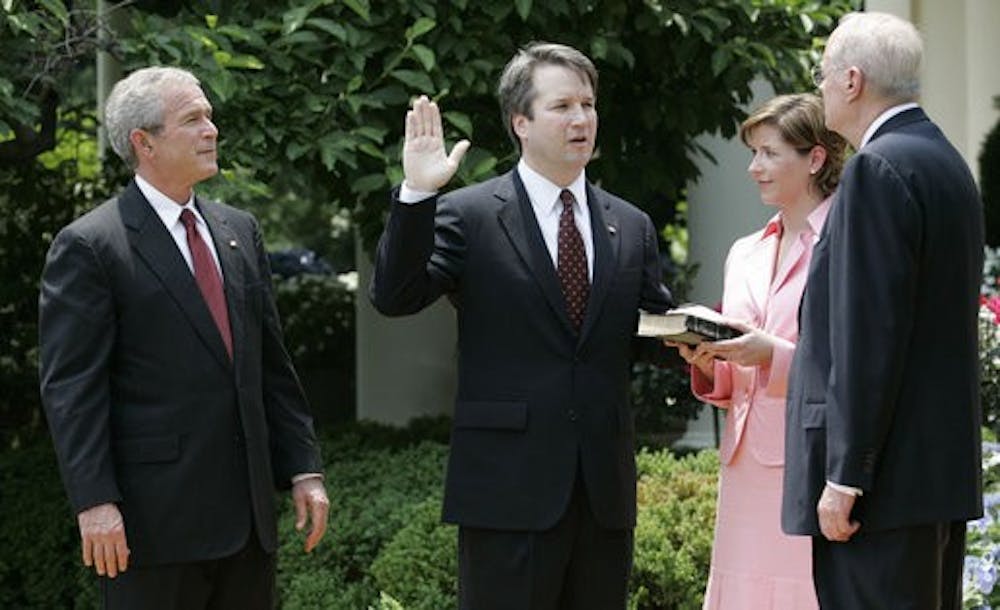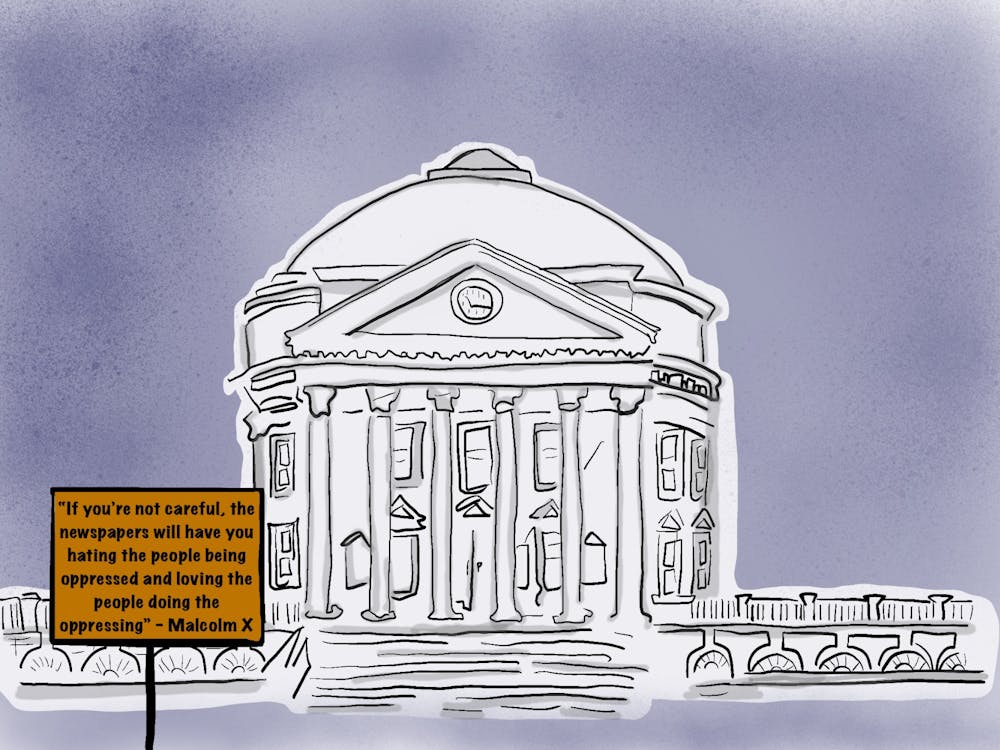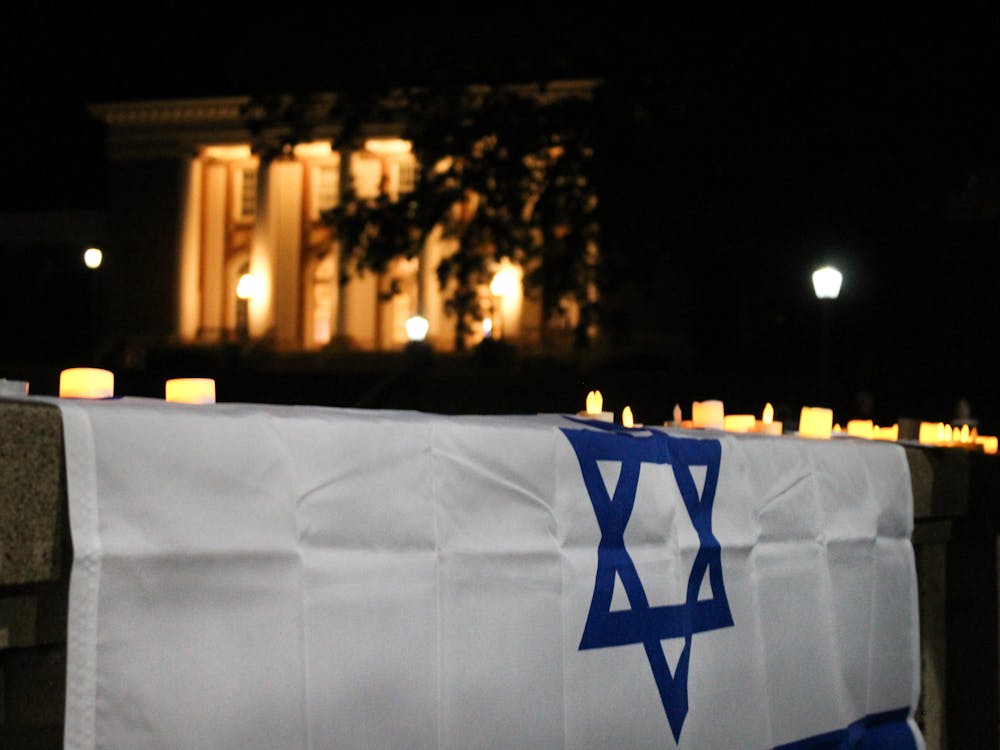In the past few weeks, Supreme Court nominee Judge Brett Kavanaugh has been subject to intense scrutiny. Most notably, Christine Blasey Ford’s accusations of sexual assault against Kavanaugh have brought questions of his suitability for the Supreme Court. While the Senate Judiciary Committee has postponed voting proceedings in order to investigate these allegations and allow Ford to testify, his confirmation still seems likely. Given this reality, Kavanaugh's political and legal histories need to be examined, as many of views have potential to shift legal precedents and alter legal norms as we currently acknowledge them. In particular, it is important to bring to light Kavanaugh’s well-documented opinions about admissions policies for universities and private secondary education institutions alike, and how they could affect U.Va.
As of now, there is strong precedent for the use of affirmative actions in public university admission policies. Cases such as Grutter v. Bollinger and Fisher v. University of Texas both affirm the constitutionality of affirmative action. However, the majority opinion of Fisher v. University of Texas states that affirmative action policies must be “precisely tailored to serve a compelling governmental interest.” While this “compelling governmental interest” may have been evident in recent history, it may no longer be present. This decision was made during the Obama era, during which affirmative action policies were encouraged and even defended by representatives from the Obama administration before the Supreme Court.
However, the Trump administration has a starkly different view on affirmative action policies, saying that “it was abandoning Obama administration policies that called on universities to consider race as a factor in diversifying their campuses, signaling that the administration will champion race-blind admissions standards.” Additionally, in a case regarding Harvard’s admission standards, the Department of Justice under Trump has sided with a group of Asian-American students who oppose affirmative action. Without an explicit demonstrated interest in these policies, there is room for the interpretation that there is no governmental purpose for affirmative action in higher education admissions. The Trump administration’s oppositions to affirmative action are not only extremely damaging to the precedence supporting these policies, but undermine the real benefits of diversity on college campuses.
Unfortunately, Kavanaugh’s personal opinions on affirmative action only make this looming issue more disturbing. In the late 1990s, Kavanagh was associated with the Center for Equal Opportunity, whose official position is staunchly opposed to affirmative action. In the George W. Bush administration, he was given an assignment to “coordinate the administration’s opposition to affirmative action in cases challenging race-conscious admissions policies at the University of Michigan.” Additionally, some close to him have stated that he is incredibly concerned about racial discrimination, but “has been dubious that the Constitution permits aggressive government intervention in response.”
His beliefs about this issue are of utter importance, due to the weight that Kavanaugh would hold on the Supreme Court bench. Justice Anthony Kennedy, whom Kavanaugh would replace, was the deciding vote in the a recent affirmative action case. If the issue of affirmative action is brought once again to the Supreme Court, Kavanaugh’s interpretation of equality would put this policy in jeopardy, thus forcing the University and similar institutions to reevaluate admissions policies.
A ruling against affirmative action would affect the University, as it does — according to a study from George Mason University — take into consideration an applicant’s “contribution to diversity,” as one of the goals set out by the Board of Visitors is “to expand educational opportunities for persons with special challenges such as minority status.” Even with this policy, any student can see the lack of diversity on Grounds, as the student body consists of an overwhelming majority of white students. Therefore, restricting affirmative action further would be incredibly damaging to the University.
The University has obviously acknowledged the importance of diversity in student life given the Class of 2022 is the “most diverse first-year class” in the University’s history. To continue this progress, affirmative action should continue to be expanded so that the University lives up to the values of diversity that it has pronounced. It is entirely possible, however, that a Justice Kavanaugh could end affirmative action as we know it. While the Blasey Ford scandal is rightfully challenging the Kavanaugh nomination, there is still a relatively high likelihood he will be confirmed. Given that reality, it is essential to examine Kavanaugh’s legal views and the damage that they could cause.
Victoria McKelvey is a Viewpoint Writer at The Cavalier Daily. She can be reached at opinion@cavalierdaily.com.





